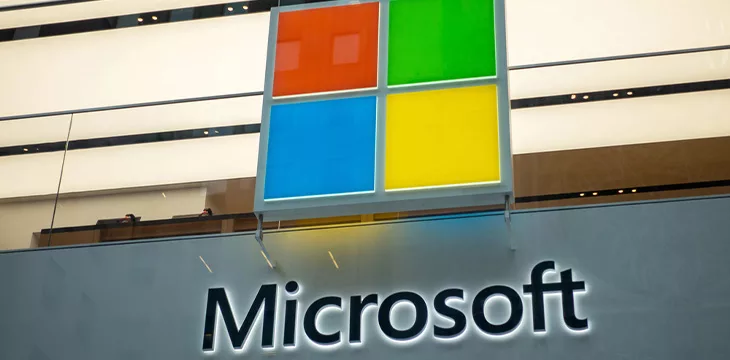|
Getting your Trinity Audio player ready...
|
Ahead of the launch of its suite of artificial intelligence (AI) PCs, Microsoft (NASDAQ: MSFT) has announced new updates for the widely anticipated Recall feature, starting with a scheduled preview in mid-June.
In May, the tech giant unveiled plans for Copilot+ PCs, a range of devices with advanced AI functionalities that leverage cloud and on-device offerings. Per the announcement, the PCs will not be susceptible to latency and other privacy issues stemming from their reliance on neural processing units (NPUs).
Despite the plethora of positives, the standout feature for Copilot+ PCs is the Recall feature designed to allow users to access applications, links, or media files without the need to surf through multiple folders. Microsoft’s initial announcement disclosed that the functionality will work by taking periodic snapshots of users’ screens with an on-device AI processing data.
To quell speculation over potential privacy and operation issues, the tech company disclosed a number of updates to the Recall feature ahead of a mainstream rollout. Starting on June 18, Copilot+ PC users will be able to engage with the Recall feature, and Microsoft is seeking to test the offering in real-world scenarios.
The preview offering will allow users to opt-in to save snapshots of their screen when using Recall. According to the update, the feature will remain turned off until users “proactively” turn it on, a brave attempt to foster trust between customers.
As an added layer of security, users will require facial recognition via Windows Hello to use the Recall feature to view their histories. The update confirms the company’s plans to fully encrypt snapshots, with decryption occurring only after users authenticate.
“We are on a journey to build products and experiences that live up to our company mission to empower people and organizations to achieve more, and are driven by the critical importance of maintaining our customers’ privacy, security, and trust,” read the update.
Furthermore, Microsoft affirms that all snapshots from the Recall feature will be stored locally and will not be seen by third parties or users signed on the same devices. Users will be alerted when the feature is taking snapshots via the display of an icon on the system tray.
The feature will not save snapshots from private browsing in supported browsers, and users have the right to disable it at will.
Expanding footprint
Microsoft’s latest move to introduce AI PCs complete with a ton of functionalities is expected to put significant distance between it and its competitors. Rather than bank on its innovation, the firm is riding a red-hot streak of partnerships with the governments of Sweden, the United Kingdom and Thailand to expand its footprint in multiple jurisdictions.
Apart from nations, Microsoft has inked high-profile AI-related deals with Coca-Cola (NASDAQ: KO), OpenAI, and Vodafone (NASDAQ: VOD) in the last 12 months. There are also advanced plans to deepen the talent pool and support integrating emerging technologies with AI.
In order for artificial intelligence (AI) to work right within the law and thrive in the face of growing challenges, it needs to integrate an enterprise blockchain system that ensures data input quality and ownership—allowing it to keep data safe while also guaranteeing the immutability of data. Check out CoinGeek’s coverage on this emerging tech to learn more why Enterprise blockchain will be the backbone of AI.
Watch AI Forge masterclass: Why AI & blockchain are powerhouses of technology

 02-21-2026
02-21-2026 




